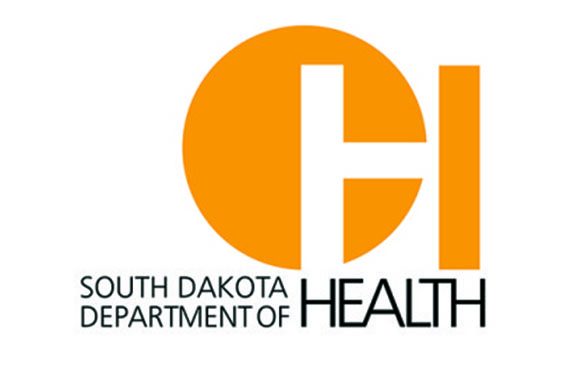The South Dakota Department of Health recently announced beginning on July 1, 2019, all new Controlled Substance Registry applications and renewal registrations, verifications, and changes to an existing registration, will be completed online with the South Dakota Department of Health’s new registration system at https://apps.sd.gov/PH04ControlledSubstance/. This link will become active on July 1st.
Paper applications and checks will no longer be accepted. Payment must be made using Mastercard or Visa credit and debit card or a State Non-cash Voucher.
Information will be provided on the South Dakota Department of Health’s controlled substance website and will outline all the information needed for the online process.
When submitting an application, it will be helpful to have all of your information ready, including any supporting documents needing to be uploaded, such as a copy of the updated federal Drug Enforcement Agency (DEA) certificate. After the application has been submitted and the payment has been made, the Department will review the application, email the registrant if additional information is needed, approve or deny the application, or pend the application until we receive the new DEA number.
After July 1st, you can log in at any time to view the application status or print registration. Controlled substance registration certificates or letters will no longer be mailed.
Any controlled substance registration can also now be a primary source verified on the website at https://apps.sd.gov/PH04ControlledSubstance/.
Please contact Bob Coolidge, RPh at 605.773.3356 if you have any questions.




